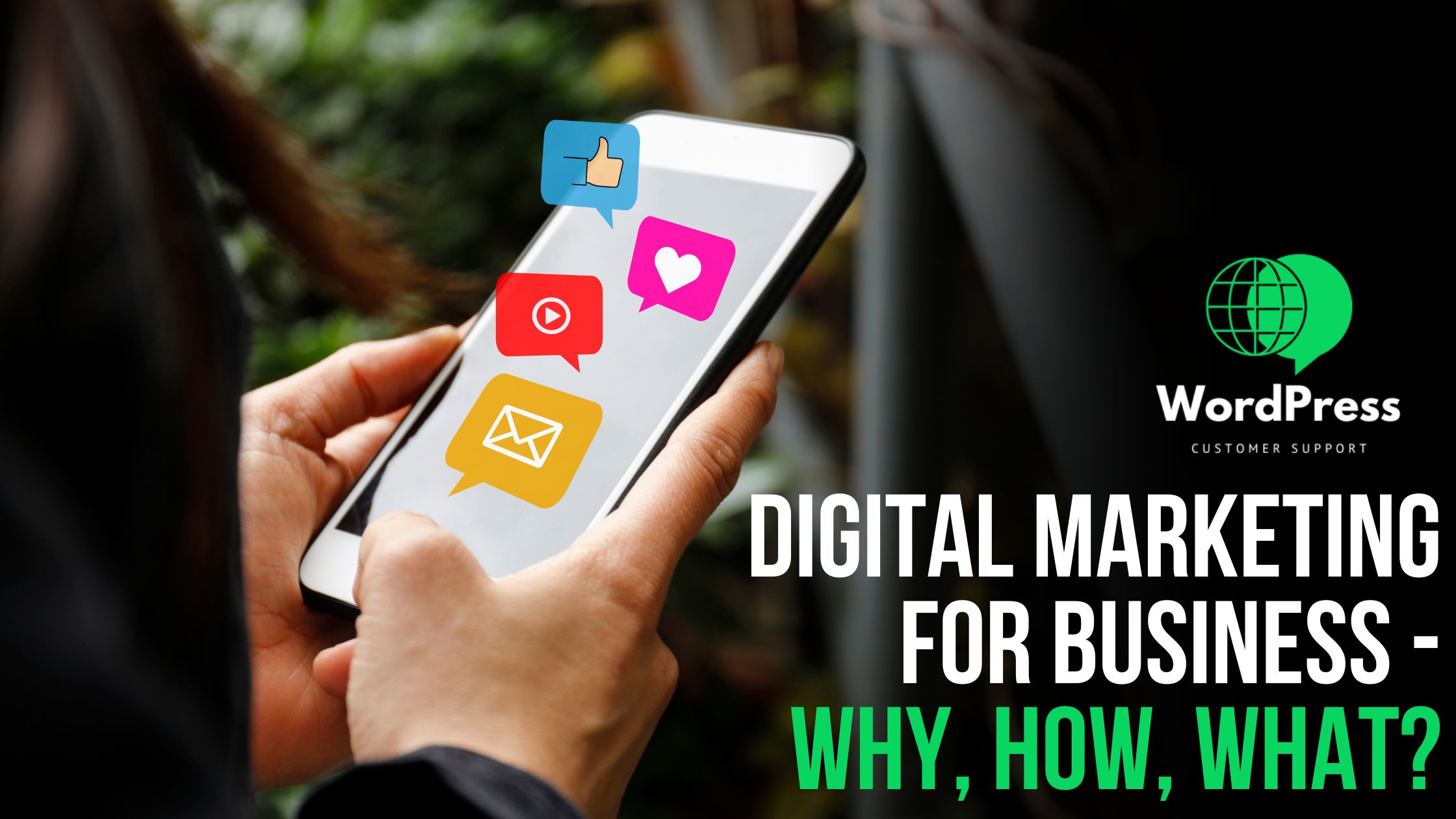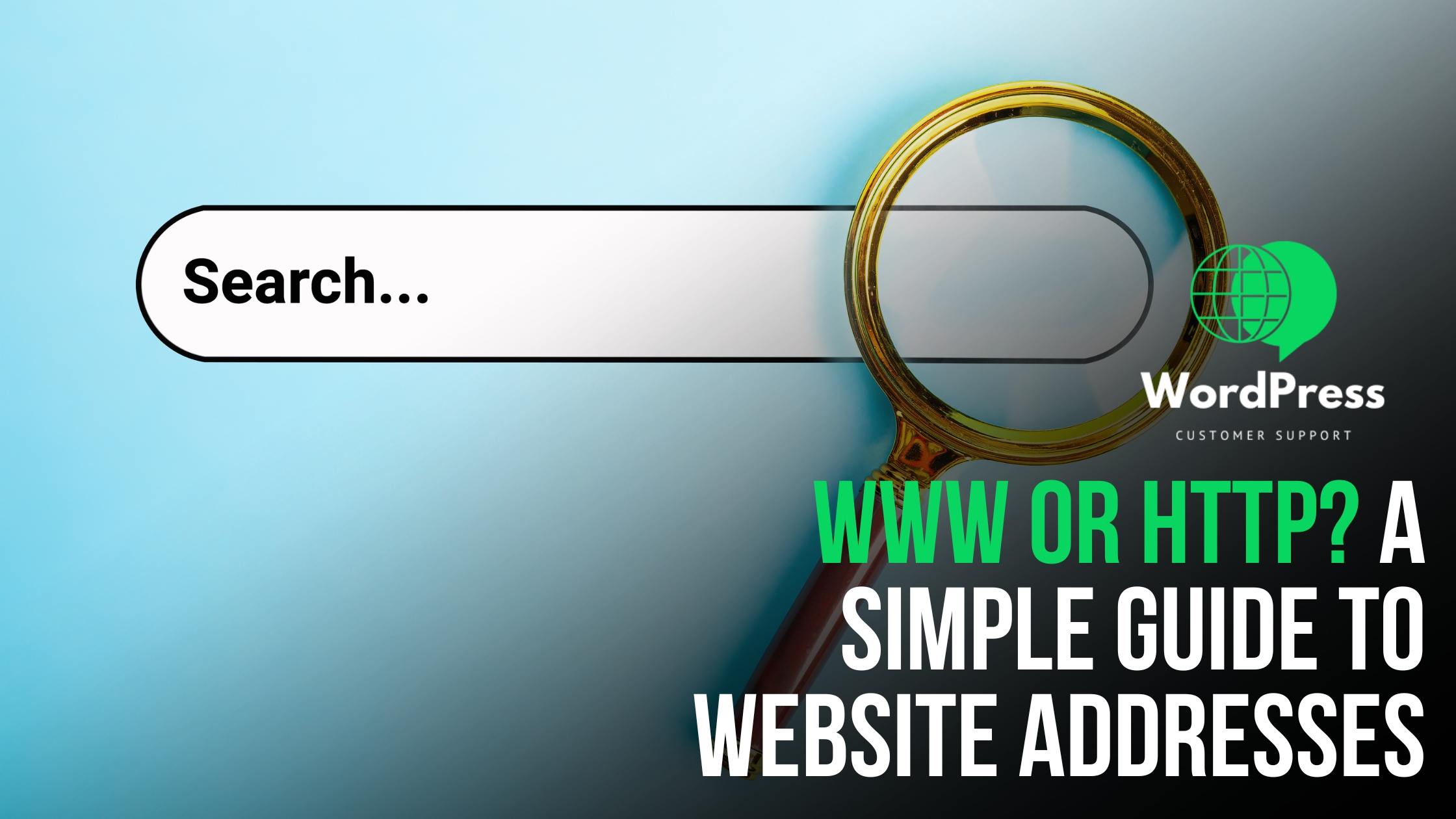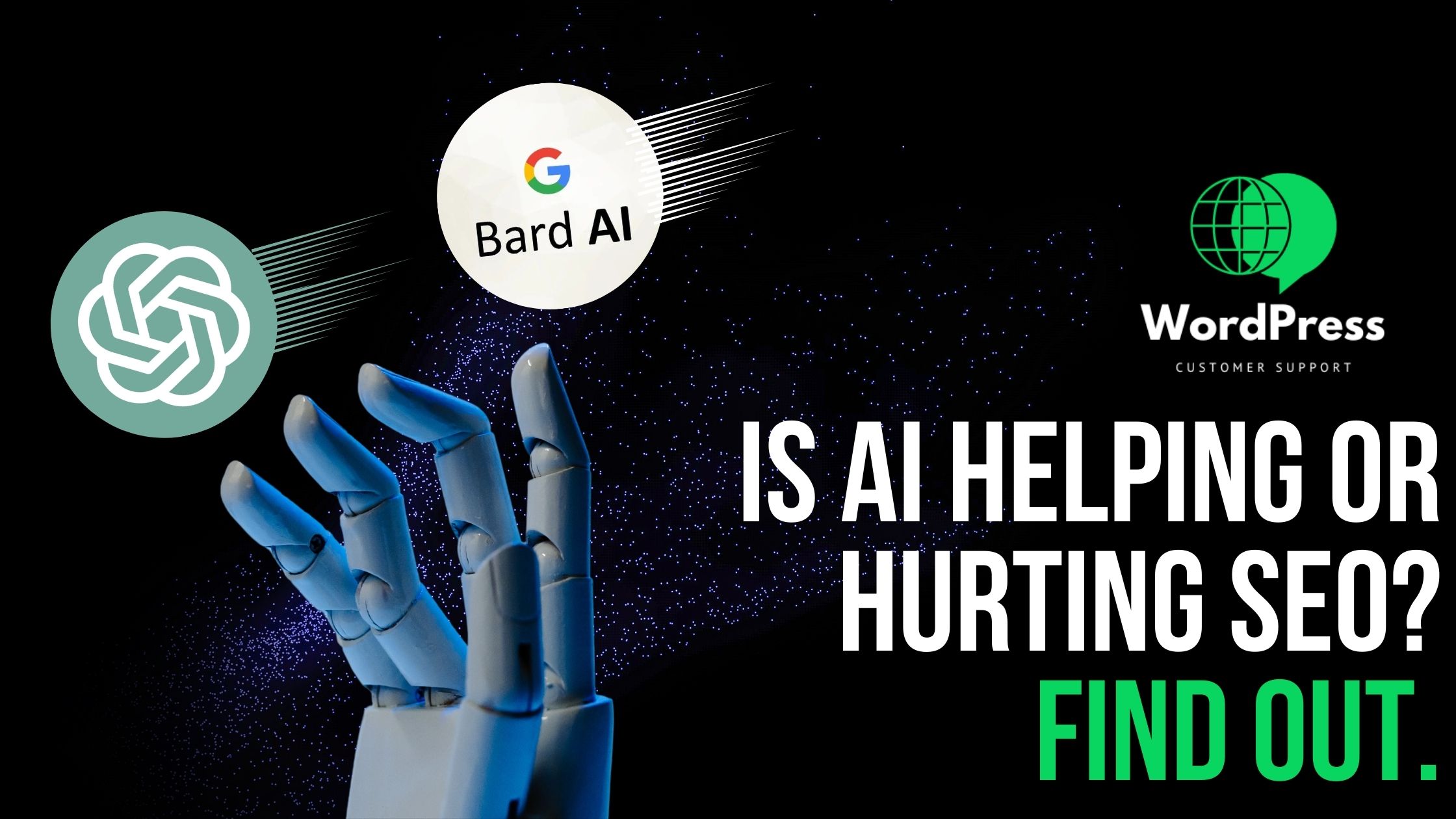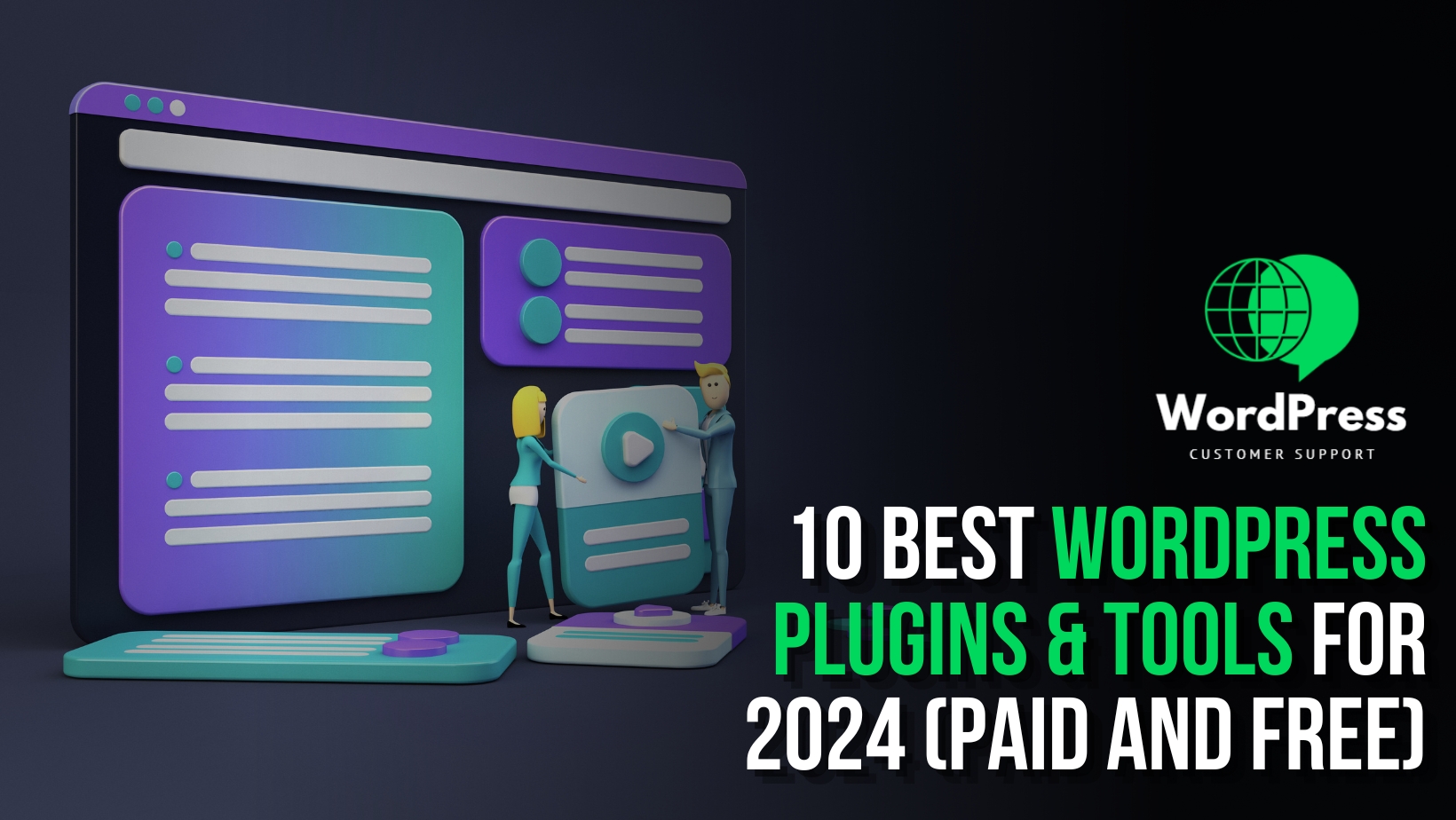In today’s rapidly evolving digital landscape, the role of digital marketing for business in propelling growth cannot be overstated. In this guide, we’ll explore the benefits of digital marketing. It’s crucial for businesses of all sizes to navigate the competitive online realm. They must leverage digital marketing strategies to reach target audiences, drive engagement, and achieve sustainable success.
What is Digital Marketing?
Digital marketing is the advertising of products or brands by means of online tactics, such as SEO, content marketing, social media ads, and email campaigns. It arms businesses with a flexible toolkit. Able to reach out with wider miles and connect with their target market effectively.
The Importance of Digital Marketing for Business Growth
- Global Reach and Accessibility: Unlike traditional means of marketing, digital marketing cuts across borders and reaches the entire globe through ease. Using social media, search engines, and apps, a business can be able to reach a customer in any locality.
- Cost-Effectiveness: Digital marketing is cost-effective compared to other traditional media of advertisements like print or television. The flexibility of the budget and accurate targeting ability empowers business to make optimal use of marketing spend and fetch higher (ROI).
Businesses can adopt these techniques—SEO and content marketing. To attract organic traffic to the site instead of spending piles of money on advertisements.
- Targeting the Audience and Personalization: Digital marketing gives tools to a business by which they will be able to target their audience through demographic attributes, interests, and online behavior. This may enable the firm to personify the content for its customers in such a way that it entices them.
- Analytics and measurable results, through strong analytic tools, provide actionable insights. This way, businesses can track KPIs in real time, from website traffic and conversion to the rate that different social media metrics are being affected.
- Agility and Adaptability: Remaining competitive in today’s fast-evolving business environment would be subject to only one thing—agility. Digital marketing capabilities help adapt with the trends of the market along with consumer behavior and competitive dynamics. Targeted ad campaigns, optimized content, and even tailored email strategies: you name it, and they can innovate it—all in real-time via digital channels.
Key Components of Digital Marketing
- Search Engine Optimization (SEO): A process or practice that involves tailoring one’s website so as to make it rank much higher on the Search Engine Result Pages (SERPs), therefore improving the organic traffic and visibility to the website.
- Content Marketing: Content marketing is a strategic marketing approach focused on creating and distributing valuable, relevant content to attract and engage a clearly defined target audience, thus driving brand awareness and customer loyalty over time.
- Social Media Marketing: Social media offers excellent channels for brand visibility, targeting brand advertisements, and encouraging public involvement in the brands.
- Email Marketing: Email is still the most impactful way to continue to nurture customer relationships with personalized messages and convert directly through respective targeting-based campaigns and automated workflows.
- Pay-Per-Click (PPC) Advertising: Businesses bid for ad placements on search engines and other platforms, paying money when users click through to their ads, therefore it is an economical and measurable marketing tool.
Integrating Digital Marketing into Your Business Strategy
In order to tap into the very potential that lies in digital marketing, a strategic approach. In line with the overall goals and objectives of the organization, has to be put in place. Here are some of the key steps to integrate digital marketing effectively into your business strategy:
- Define Your Objectives: Clearly define what your business goals and objectives are—whether it is more website traffic, more leads, or making a sale—so that your digital marketing efforts have an azimuth to follow.
- Know Your Audience: Conduct market research to know their demographics, preferences, and online behavior. When targeting in such a way that the packaging of marketing messages is relevant and the channels too.
- Develop Compelling Content: Create high-quality, engaging content that resonates with your audience, speaking to their pain points, interests, and aspirations at different stages in the buyer’s journey.
- Utilize Multiple Channels: help you use a mix of those digital marketing channels and tactics to reach your audience diversely, diversifying your outreach efforts, reaching them diversely, and maximizing your impact across various touchpoints.
- Measure and Analyze Results: Deploy strong analytical tools to be in a position. Follow up on the progress of your digital marketing campaign, establish trends, bring insights into optimization.
Conclusion
In summary, digital marketing has a lot of significance to modern business growth. It provides matchless opportunities for reaching, engaging, and converting customers in the digitized markets of today. When the company starts adopting digital strategies and starts using online channels to reach consumers. Then new opportunities open for organizations in terms of growth and competitive advantage, even in the very dynamic marketplace today.

Company Profile: WordPress Support Company
Looking for full-proof, reliable support services for WordPress? Our company provides holistic maintenance solutions for your website that need to be secured, optimized, and running smoothly. All that is from troubleshooting errors to managing servers and building up customer support is part of our duty. Trust that your WordPress website is in the safe hands of professionals. Who understand your need to concentrate on growing your business. Find out more about what we offer today!













